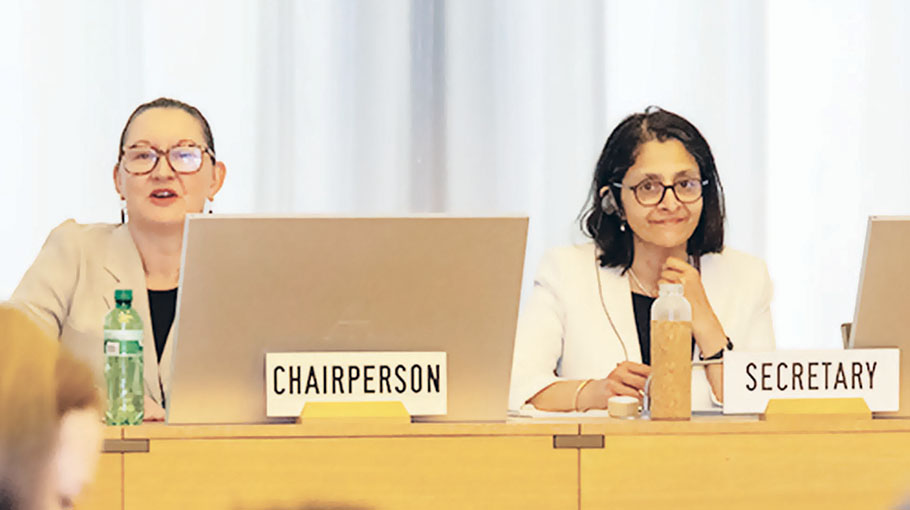WTO reviews six regional trade agreements

At the meeting of the Committee on Regional Trade Agreements (RTAs) on 8 April, WTO members considered six RTAs involving the Association of Southeast Asian Nations (ASEAN), Australia, Colombia, the European Union, Japan, Pacific Island countries, Peru, the United Kingdom, and Viet Nam.
Members furthermore discussed how to improve the functioning of the Committee.The Committee considered the Association of Southeast Asian Nations (ASEAN) Trade in Goods Agreement (ATIGA) under the Transparency Mechanism for RTAs.
The Agreement, in force since 17 May 2010 and whose beginnings date back to 1977, establishes a free trade area among ASEAN member states.
Liberalization is already fully implemented except for petroleum products in Viet Nam (expected in 2024) and Cambodia (2025).
Tariffs on intra-ASEAN trade have been eliminated on most tariff lines, with the remaining tariff lines comprising under 2% of the total excluded from liberalization. Tariffs on those excluded lines range from 5% to 35%.
ATIGA is one of the pillars of the ASEAN Economic Community, which includes the ASEAN Framework Agreement on Services (AFAS), the ASEAN Trade in Services Agreement (ATISA) and the ASEAN Comprehensive Investment Agreement (ACIA).
The Lao People's Democratic Republic (PDR), speaking on behalf of the ASEAN member states, emphasized that the Agreement provides comprehensive trade measures including the liberalization of rules of origin, trade facilitation and customs procedures, aiming to enhance economic cooperation within ASEAN.
Serving as a cornerstone for economic integration efforts, the Agreement promotes regional trade, enhances competitiveness, and drives economic growth within the region.
The Committee also considered the services aspects of the Free Trade Agreement (FTA) between Japan and the Member States of ASEAN.
This is part of the ASEAN-Japan Comprehensive Economic Partnership Agreement and entered into force between 1 August 2020 and 1 February 2022 for the various parties.
It covers trade in services, movement of natural persons and investment, and is complemented by supplementary provisions on financial and telecommunications services.
Liberalization commitments under the Agreement are generally broader than those under the WTO General Agreement on Trade in Services (GATS), with some exceptions.
Thailand, speaking on behalf of the ASEAN member states, said that ASEAN and Japan continued to strengthen their collaborative efforts aimed at enhancing trade and economic cooperation.
They firmly believe this agreement will facilitate increased cross-border flow of investment and services among all parties involved.


